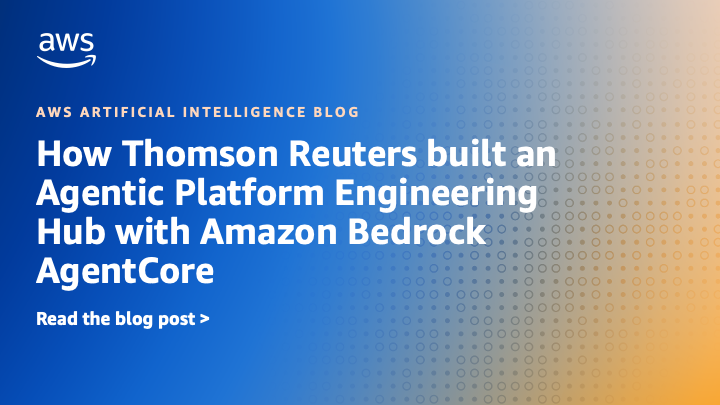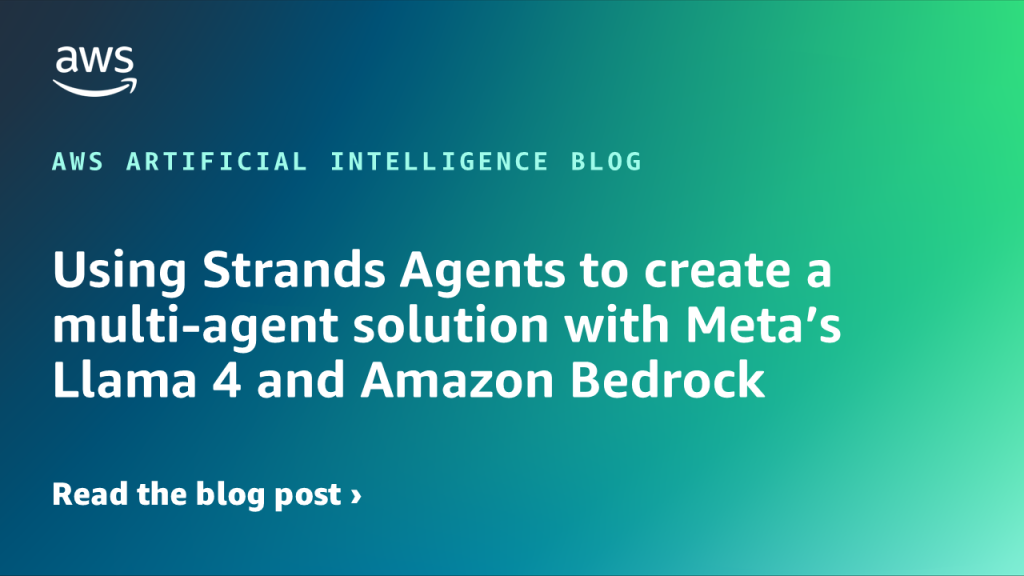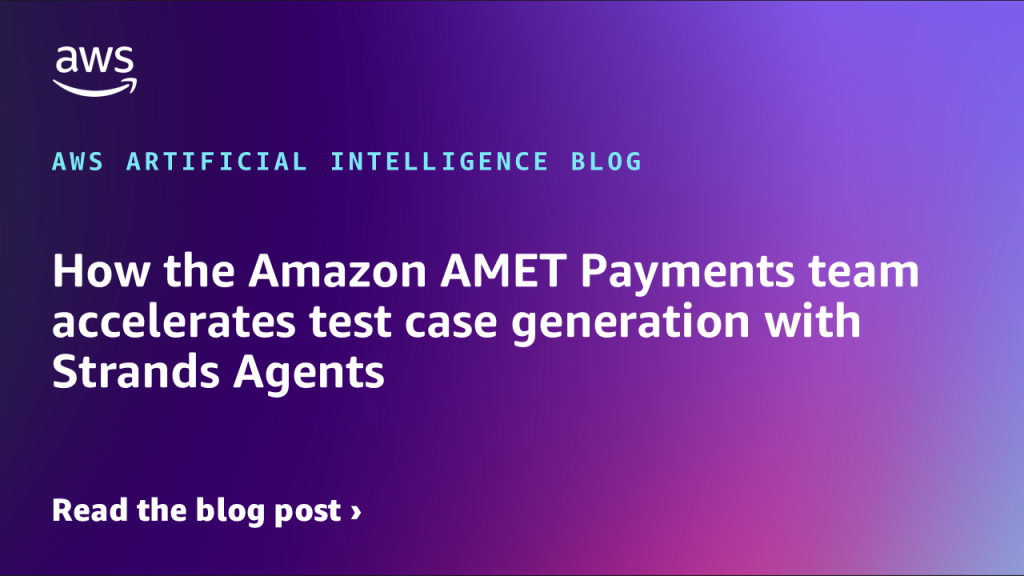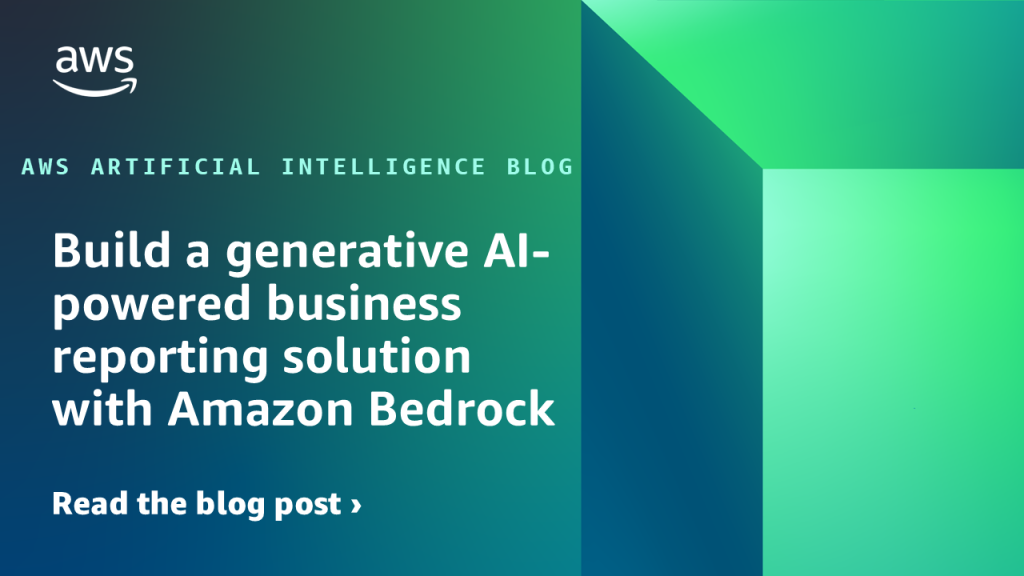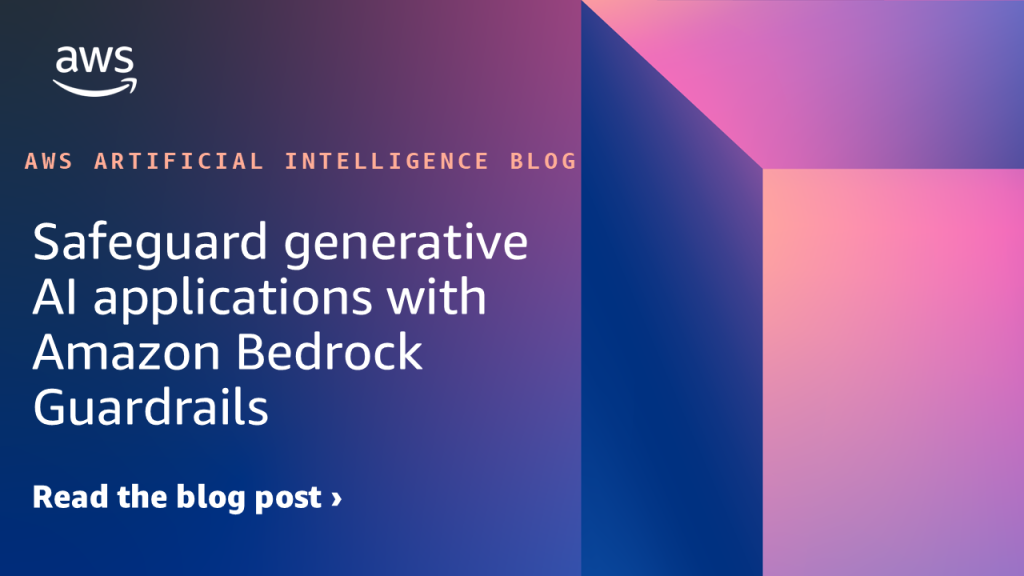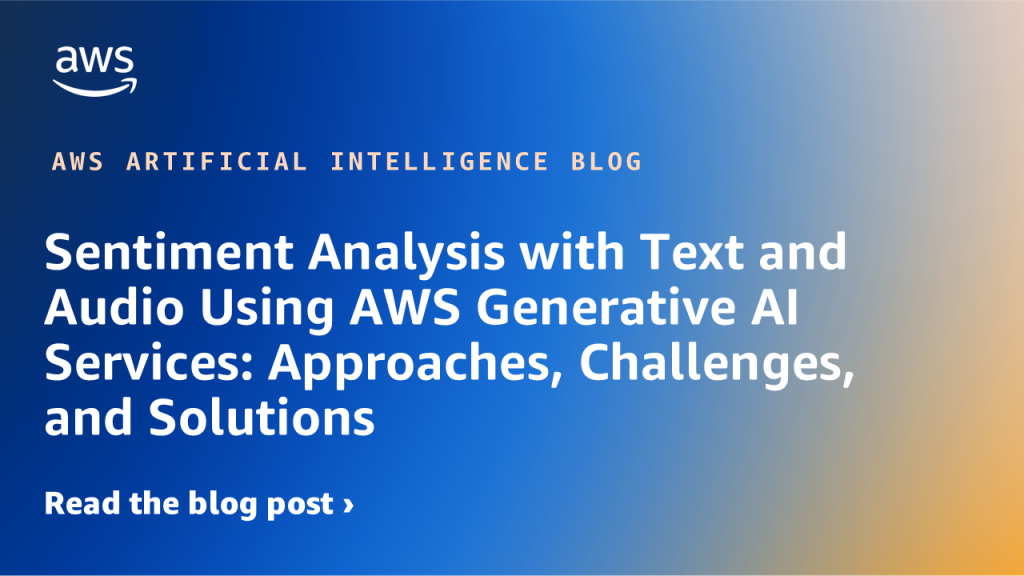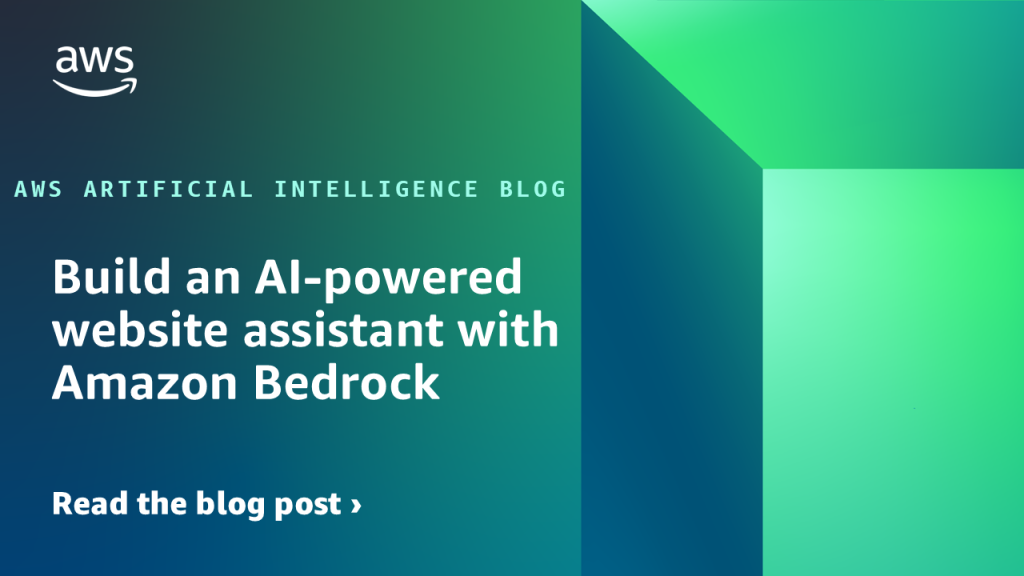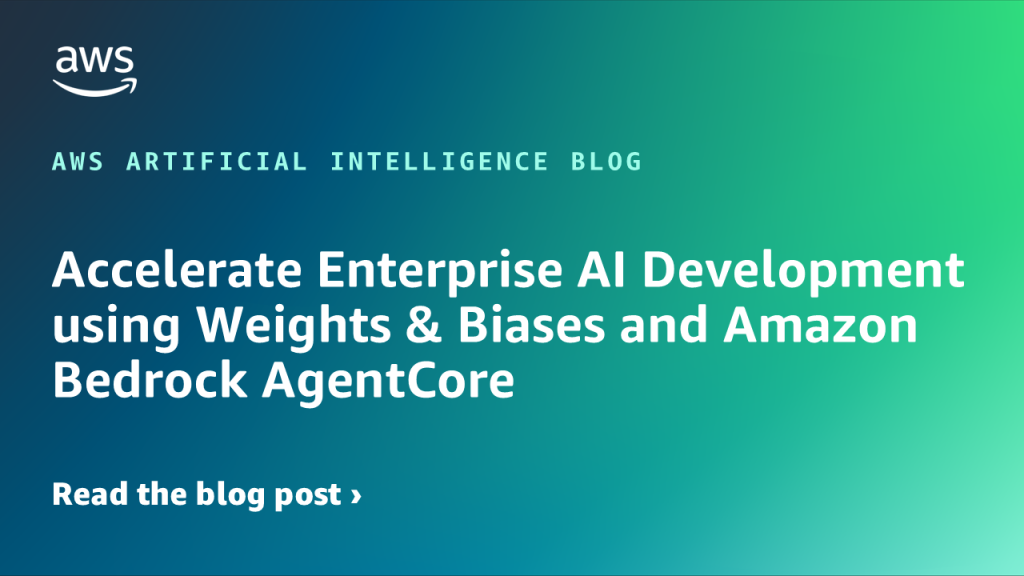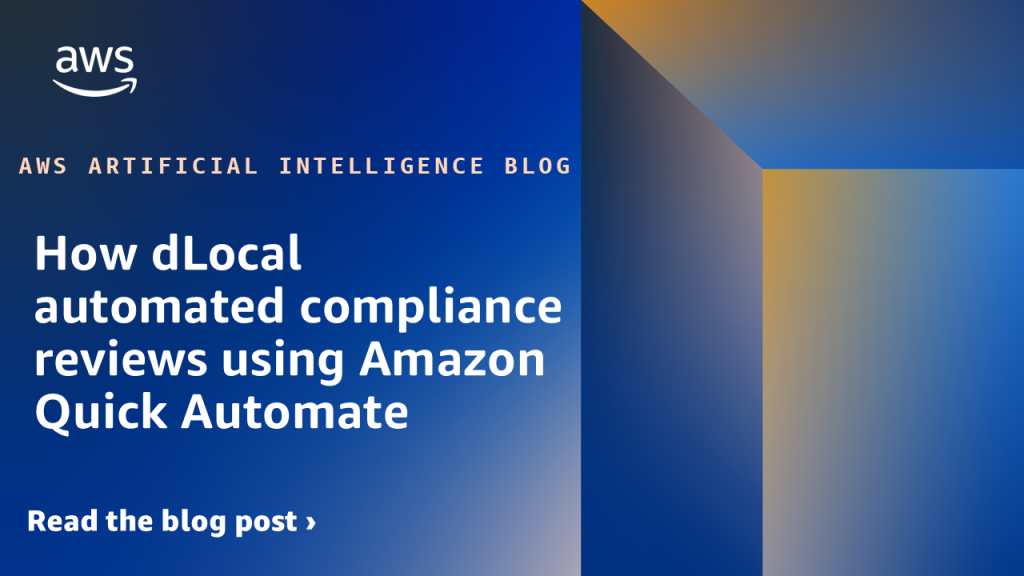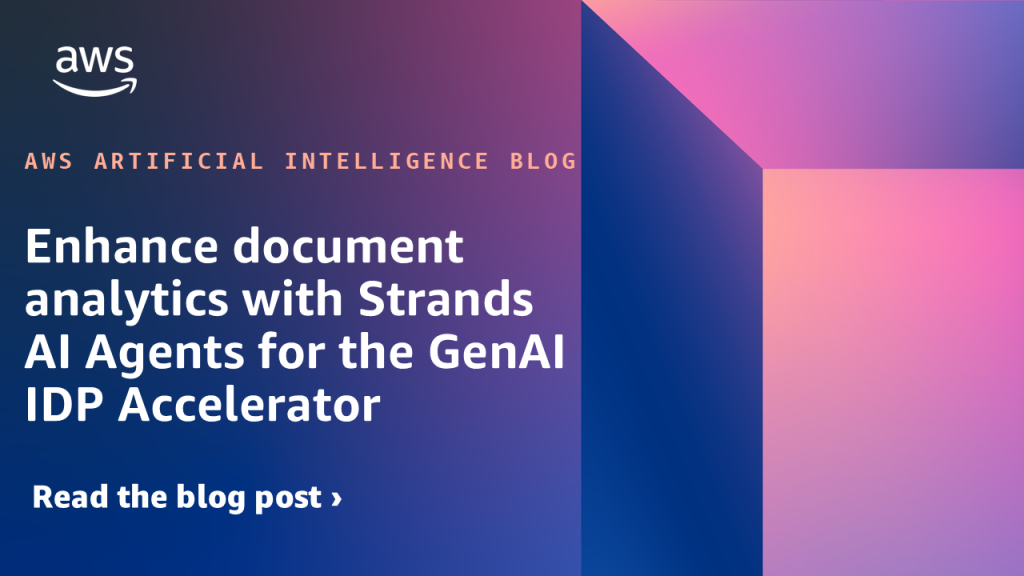Artificial Intelligence
Tag: AI/ML
How Thomson Reuters built an Agentic Platform Engineering Hub with Amazon Bedrock AgentCore
This blog post explains how TR’s Platform Engineering team, a geographically distributed unit overseeing TR’s service availability, boosted its operational productivity by transitioning from manual to an automated agentic system using Amazon Bedrock AgentCore.
Using Strands Agents to create a multi-agent solution with Meta’s Llama 4 and Amazon Bedrock
In this post, we explore how to build a multi-agent video processing workflow using Strands Agents, Meta’s Llama 4 models, and Amazon Bedrock to automatically analyze and understand video content through specialized AI agents working in coordination. To showcase the solution, we will use Amazon SageMaker AI to walk you through the code.
How the Amazon AMET Payments team accelerates test case generation with Strands Agents
In this post, we explain how we overcame the limitations of single-agent AI systems through a human-centric approach, implemented structured outputs to significantly reduce hallucinations and built a scalable solution now positioned for expansion across the AMET QA team and later across other QA teams in International Emerging Stores and Payments (IESP) Org.
Build a generative AI-powered business reporting solution with Amazon Bedrock
This post introduces generative AI guided business reporting—with a focus on writing achievements & challenges about your business—providing a smart, practical solution that helps simplify and accelerate internal communication and reporting.
Safeguard generative AI applications with Amazon Bedrock Guardrails
In this post, we demonstrate how you can address these challenges by adding centralized safeguards to a custom multi-provider generative AI gateway using Amazon Bedrock Guardrails.
Sentiment Analysis with Text and Audio Using AWS Generative AI Services: Approaches, Challenges, and Solutions
This post, developed through a strategic scientific partnership between AWS and the Instituto de Ciência e Tecnologia Itaú (ICTi), P&D hub maintained by Itaú Unibanco, the largest private bank in Latin America, explores the technical aspects of sentiment analysis for both text and audio. We present experiments comparing multiple machine learning (ML) models and services, discuss the trade-offs and pitfalls of each approach, and highlight how AWS services can be orchestrated to build robust, end-to-end solutions. We also offer insights into potential future directions, including more advanced prompt engineering for large language models (LLMs) and expanding the scope of audio-based analysis to capture emotional cues that text data alone might miss.
Build an AI-powered website assistant with Amazon Bedrock
This post demonstrates how to solve this challenge by building an AI-powered website assistant using Amazon Bedrock and Amazon Bedrock Knowledge Bases.
Accelerate Enterprise AI Development using Weights & Biases and Amazon Bedrock AgentCore
In this post, we demonstrate how to use Foundation Models (FMs) from Amazon Bedrock and the newly launched Amazon Bedrock AgentCore alongside W&B Weave to help build, evaluate, and monitor enterprise AI solutions. We cover the complete development lifecycle from tracking individual FM calls to monitoring complex agent workflows in production.
How dLocal automated compliance reviews using Amazon Quick Automate
In this post, we share how dLocal worked closely with the AWS team to help shape the product roadmap, reinforce its role as an industry innovator, and set new benchmarks for operational excellence in the global fintech landscape.
Enhance document analytics with Strands AI Agents for the GenAI IDP Accelerator
To address the need for businesses to quickly analyze information and unlock actionable insights, we are announcing Analytics Agent, a new feature that is seamlessly integrated into the GenAI IDP Accelerator. With this feature, users can perform advanced searches and complex analyses using natural language queries without SQL or data analysis expertise. In this post, we discuss how non-technical users can use this tool to analyze and understand the documents they have processed at scale with natural language.
